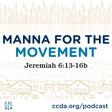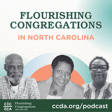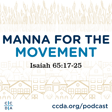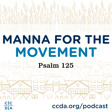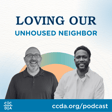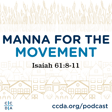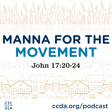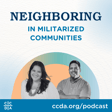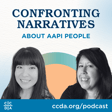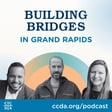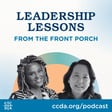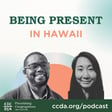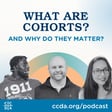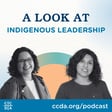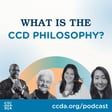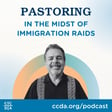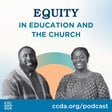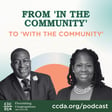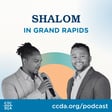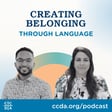
CCD at Work in On Ramps Church
Lynette McIntosh-Madrigal is joined by Erik Mast-Foss, the Community Life Pastor at On Ramps Covenant Church in Fresno, CA, to discuss how God is moving in his community.
On Ramps is part of CCDA’s Flourishing Congregations Initiative, a comprehensive four-year program that empowers church leaders to deepen their congregations’ community engagement, enhance their ministries, and contribute to the flourishing of their neighborhoods.
Learn more about CCDA’s Flourishing Congregations Initiative at ccda.org/fci.
Erik Mast-Foss is a community member and pastor at On Ramps Covenant Church in Fresno, CA. He does life with his wife Jessica and their two cats, Macrina and Jean Parmesan. Learn more about On Ramps at onrampschurch.org.
Connect with CCDA on Instagram, Twitter, Facebook, and LinkedIn. Follow CCDA on YouTube.
